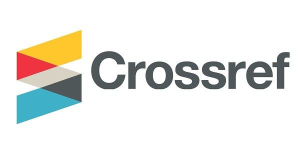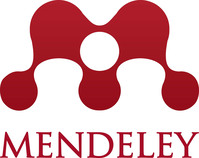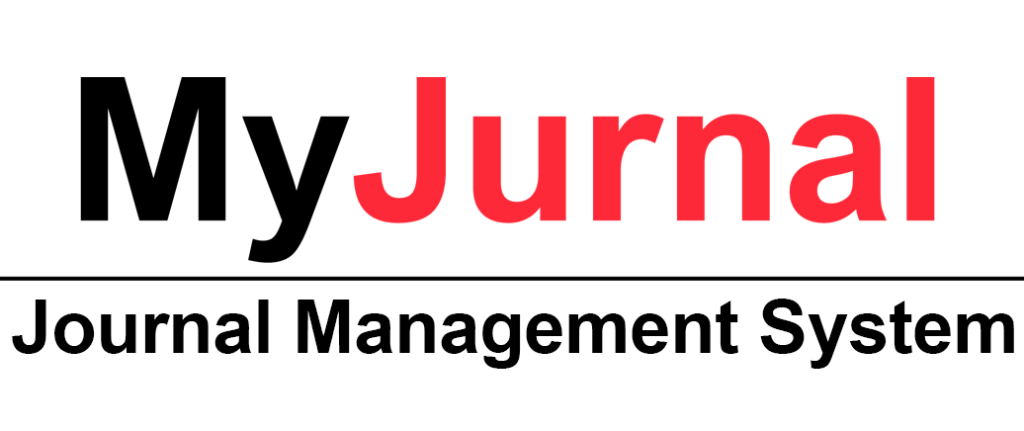The Counseling Challenges Facing Muslim Clients across the World
DOI:
https://doi.org/10.31436/ijes.v9i3.399الكلمات المفتاحية:
Islamic counseling، Muslim client، Psychological problemsالملخص
This systematic review is conducted with the major aim of highlighting the need for a comprehensive and modern Islamic counselling Model, due to the psychological challenges facing Muslim clients across the world. The main source of data collection in the research is past empirical studies related to the field of counselling as it affects Muslim countries. The study found, from the extant literature reviewed, that there is a high incidence of psychological problems among Muslim populated countries, especially the crises-ridden and turbulent regions such as Syria, Yemen, Palestine and others, as well as among the Muslim minority groups in some countries, such as the US, the UK and other European countries. It was discovered from the literature that the major causes of mental health problems are: lack of the fear of God, wars, poverty, natural disasters, political unrest, discrimination and Islamophobic tendencies. In this regard, the study highlights the need for research and action plans that focus on the well-being of Muslims in the entire global community. It is imperative that Muslims require professional assistance from specially trained counsellors equipped with culturally and Islamically-relevant skills for the mitigation of mental distress and depression. The need for a comprehensive Islamic counselling model that matches and competes with the western-oriented counselling models, is proposed. For precisely this purpose, therefore, the Al-Ghazali counselling model has been recently developed, which is compatible and commensurate with modern scientific therapeutic techniques, and is found to be a highly promising intervention for clients with mental and psychological challenges.
المقاييس
التنزيلات
منشور
كيفية الاقتباس
إصدار
القسم
الرخصة
الحقوق الفكرية (c) 2021 IIUM Press, International Islamic University Malaysia

هذا العمل مرخص بموجب Creative Commons Attribution 4.0 International License.
The Journal will own copyright to all published works and have the right of first publication, both in print and online, unless other arrangements are made with the Editors in advance. It is the author`s responsibility to ensure that where copyright materials are included within an article the permission of the copyright holder has been obtained beforehand.




















